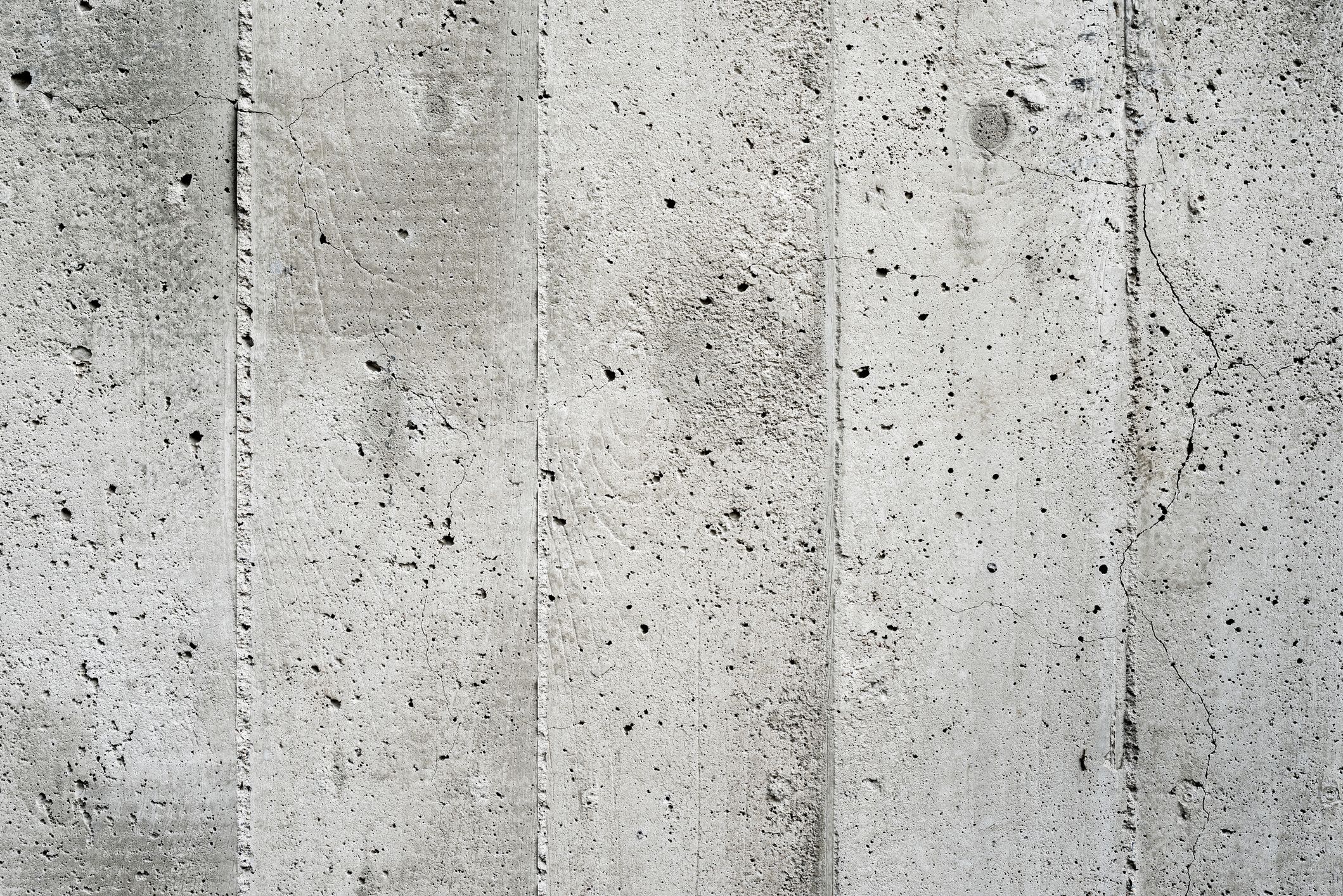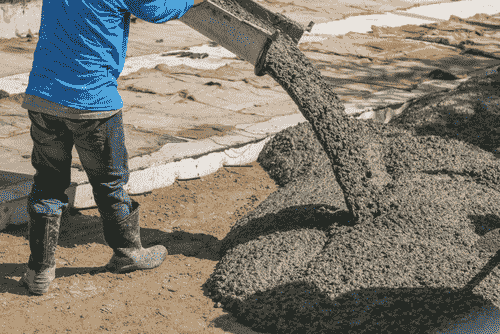Cutting-edge Concrete Style: Enhance Your Home with Customized Concrete Work
Cutting-edge Concrete Style: Enhance Your Home with Customized Concrete Work
Blog Article
Introducing the Eco-Friendly Advantages of Using Recycled Concrete in Lasting Building Practices
In the world of lasting building practices, the utilization of recycled concrete stands as a pivotal yet typically underestimated resource. Past its standard applications, recycled concrete offers a myriad of environmentally friendly benefits that prolong far beyond the confines of traditional construction materials.
Environmental Benefits
Undoubtedly, among one of the most considerable advantages of utilizing recycled concrete is its favorable effect on the setting. By incorporating recycled concrete into construction techniques, there is a substantial decrease in the requirement for brand-new raw products, causing conservation of natural deposits. This procedure aids in protecting accumulations, water, and energy that would have been utilized in creating new concrete. Furthermore, making use of recycled concrete lessens the quantity of waste being sent out to land fills, thus minimizing environmental pollution and easing the strain on garbage dump capabilities.

In comparison, recycled concrete has a reduced carbon impact as it minimizes the demand for new concrete production. Overall, the environmental benefits of using recycled concrete are substantial and play a vital duty in advertising green building and construction approaches.
Cost-Efficiency
When assessing the utilization of recycled concrete in construction tasks,Attaining cost-efficiency is a vital consideration. One of the vital benefits of using recycled concrete is its cost-effectiveness compared to typical concrete. The manufacturing of recycled concrete involves much less energy and sources as it uses existing materials, reducing the total job prices considerably. In addition, the accessibility of recycled concrete locally can better reduce transport expenses, making it a much more cost-effective selection for building tasks.
Furthermore, using recycled concrete can result in savings in land fill costs by diverting concrete waste from disposal sites. This not just decreases the environmental influence however also removes the expenses connected with waste elimination. The longevity and performance of recycled concrete are similar to conventional concrete, making sure that price financial savings do not endanger the quality of the building.
Toughness and Stamina
Recycled concrete deals similar, if not premium, resilience and stamina properties to conventional concrete - Concrete. Through advancements in processing click here to find out more strategies and quality control, recycled concrete can fulfill or go beyond the efficiency requirements of traditional concrete.

Waste Decrease
When it comes to utilizing recycled concrete, waste reduction is a crucial benefit that contributes substantially to environmental preservation. By including recycled concrete into building tasks, this waste is repurposed Recommended Reading and drawn away from land fills, minimizing the overall environmental influence of construction tasks.
Additionally, the usage of recycled concrete can lead to set you back savings for building tasks, as it is commonly more budget friendly than sourcing and transporting brand-new materials - Concrete. In final thought, waste decrease via the use of recycled concrete is a vital part of lasting construction practices that benefits both the building and construction and the environment sector as a whole.
Power Conservation
When it comes to making use of recycled concrete in building and construction, substantial power cost savings are achieved compared to traditional concrete production. The process of creating recycled concrete includes squashing and recycling existing concrete materials, which consumes much less energy than mining, handling, and moving raw products for new concrete manufacturing.
Conclusion
To conclude, the application of recycled concrete in sustainable construction practices offers numerous ecological advantages, cost-efficiency, resilience, strength, waste reduction, and energy conservation. By incorporating recycled concrete into building and construction tasks, we can add to a much more lasting and ecologically friendly future. It is essential for the building sector to focus on the usage of recycled materials to aid minimize the ecological effect of construction tasks.
One of the key benefits of making use of recycled concrete is its cost-effectiveness compared to typical concrete.Additionally, the usage of recycled concrete can lead to cost savings in land fill expenses by drawing away concrete waste from disposal sites. The durability and efficiency of recycled concrete are comparable to standard concrete, guaranteeing that price savings do not jeopardize the high quality of the construction.

Report this page